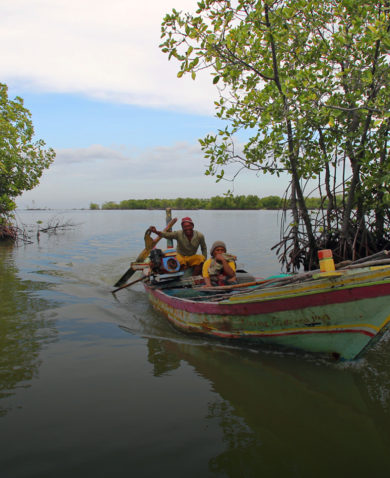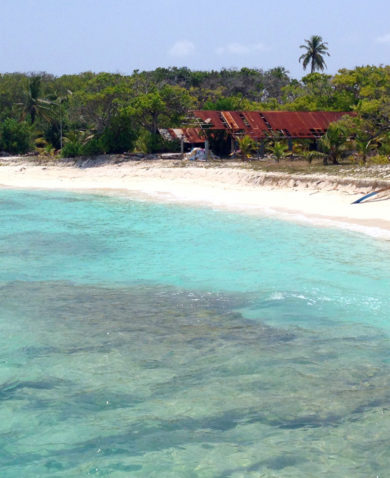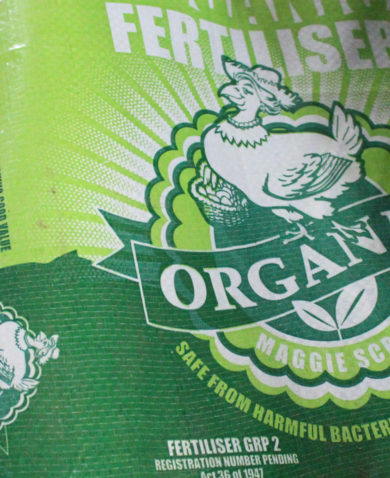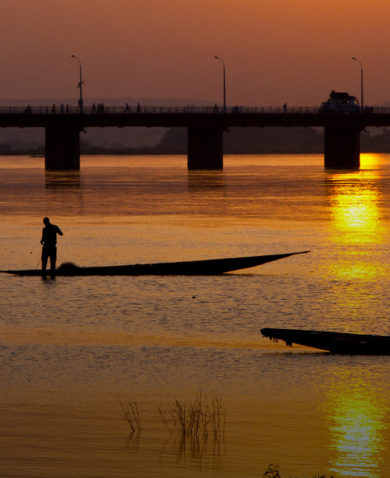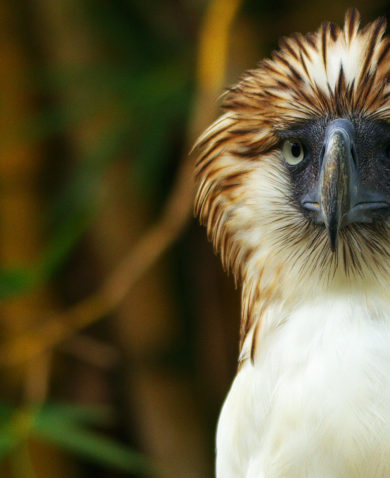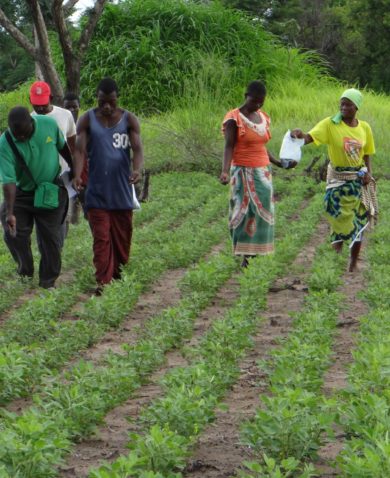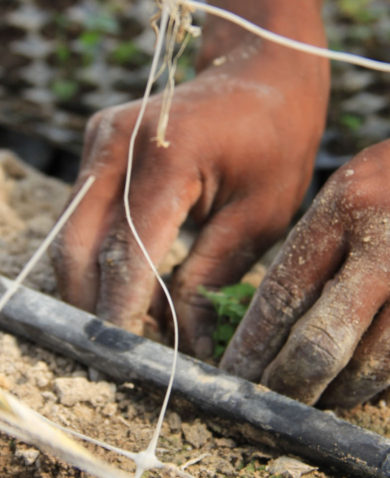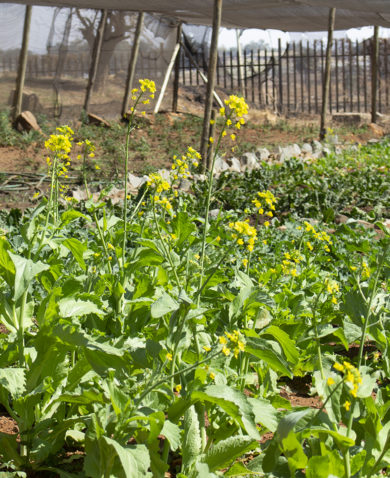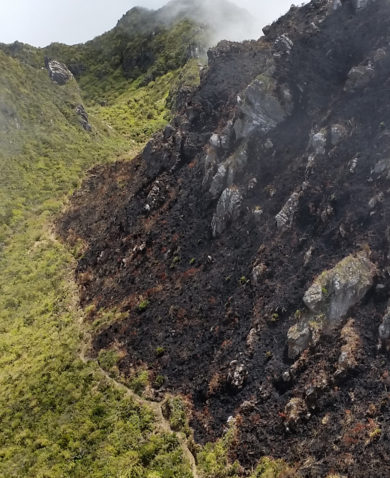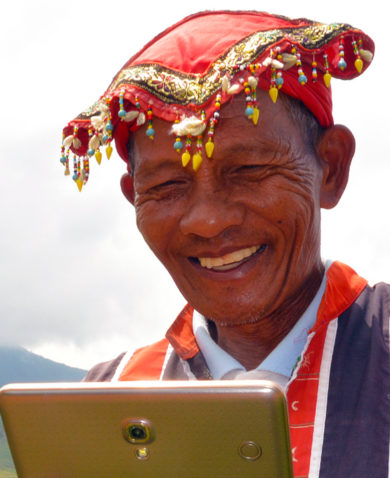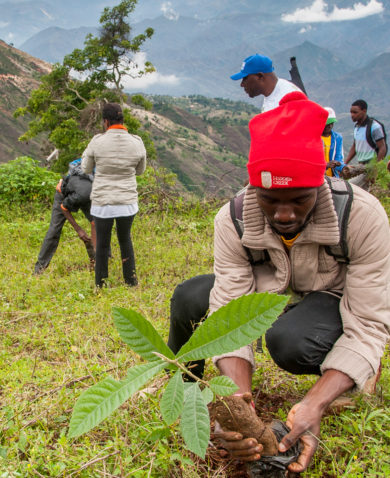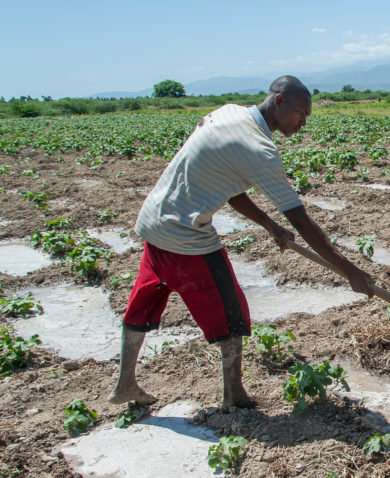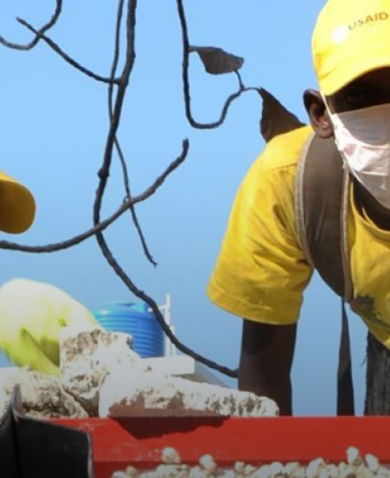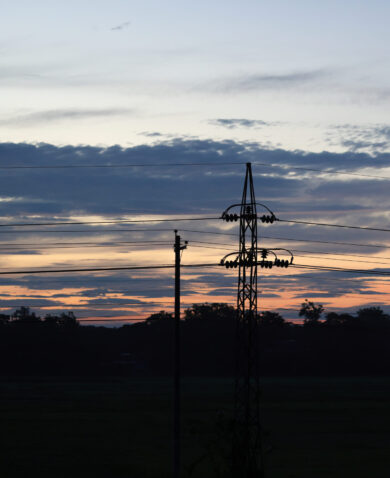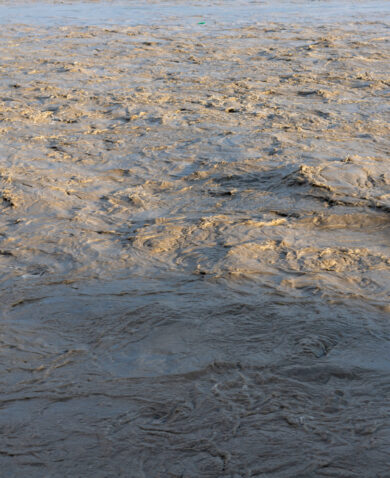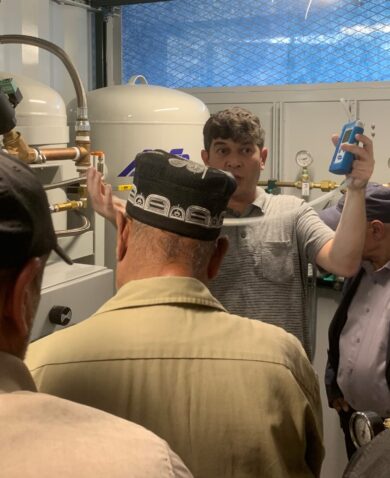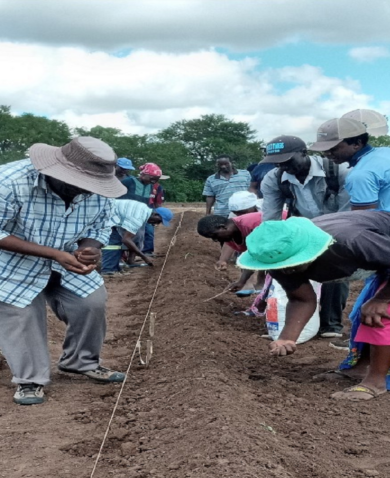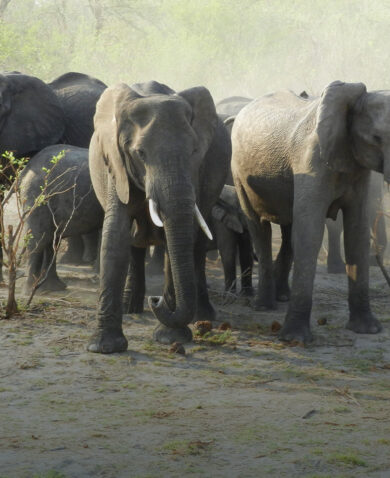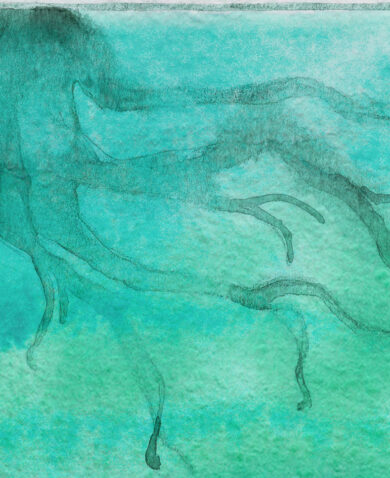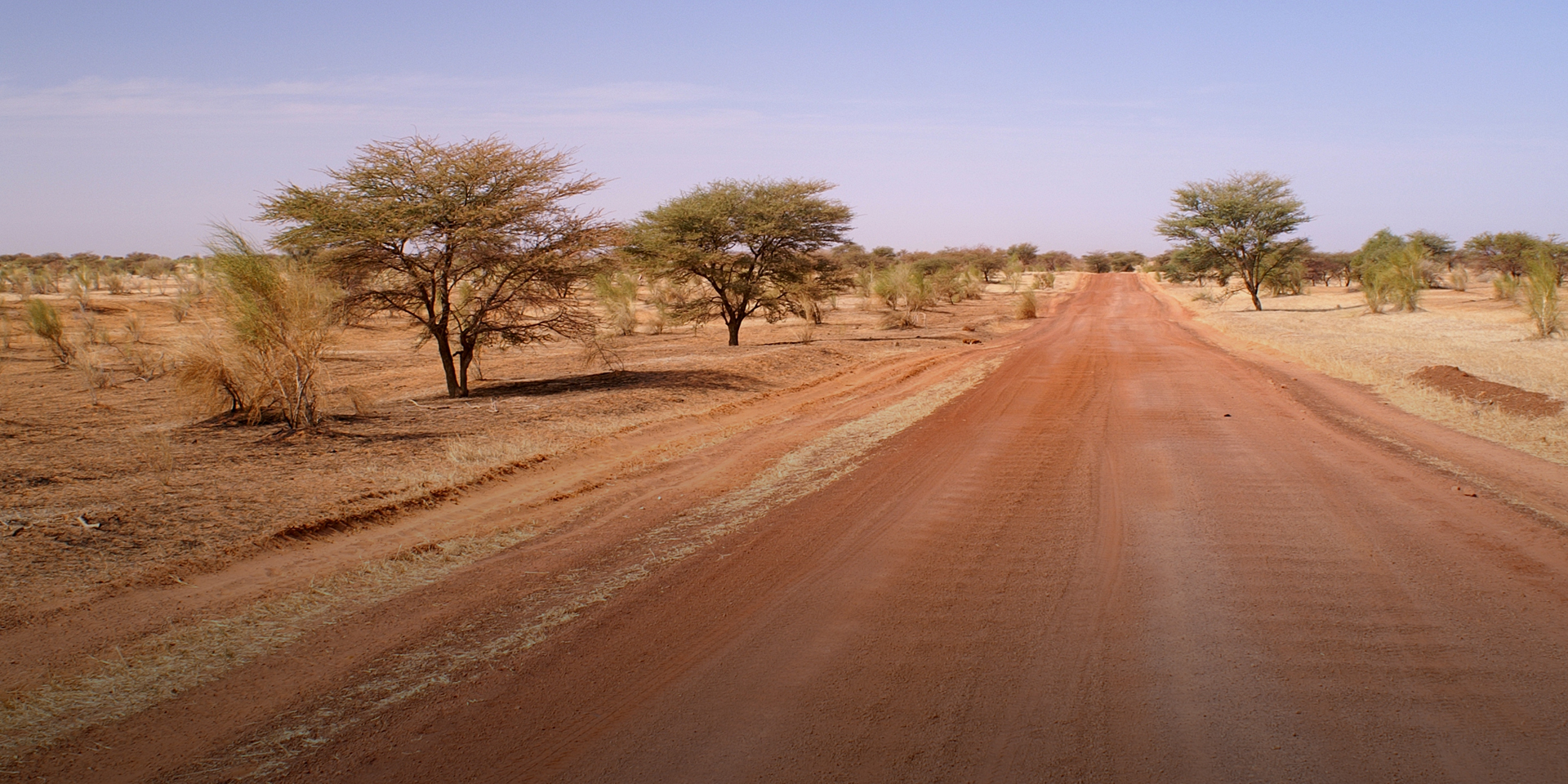
Where Are the Barriers? Studying Climate Change Adaptation in Mali
March 1, 2016 | 2 Minute ReadComplex factors can prevent communities from adapting to climate change, including financial, political, and social barriers.
Climate change makes life even harder for subsistence farmers and marginal populations. In the development field, we need to learn how to address tangible problems that block adoption of improved mechanisms. USAID’s Climate Change Adaptation Activity (CCAA) in Mali — a two-year intervention in the Mopti Region — has such an opportunity.
In conjunction with our partners, the Humanitarian Response and Development Lab (HURDL) and Sahel Eco, we are undertaking an intense study of the socioeconomic barriers that vulnerable populations face in adopting practices that would improve their ability to cope with climate stress and shock.
The study is an in-depth analysis of specific factors that hamper adoption of adaptation technologies, like improved seed or fertilizer. These factors could be cultural — such as marginalization or farmers simply not understanding how to use the new technologies they are confronted with. Specifically, it is important to understand what blocks the adoption of these technologies and approaches, given that the use of these technologies will help reduce vulnerability.
Other projects have examined coping strategies of vulnerable populations to better understand how those populations have handled climate stress and shock — that is not new. What is new under Mali CCAA is that we seek to understand what has and has not worked — and why — at a more granular level than in any previous studies I have seen.
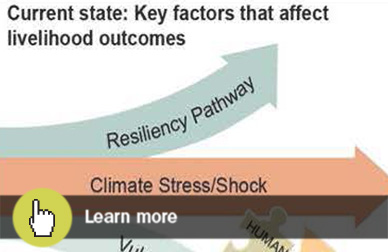
CCAA proposes to use the information we learn from this detailed analysis to link vulnerable population with other USAID and non-USAID activities to overcome those socioeconomic barriers. It builds upon an existing evidence base initiated by several USAID agriculture, Feed the Future, and global climate change investments. CCAA has been strategically designed to overlap with Feed the Future initiatives. The goal is for the activity to learn from those that we propose to serve to help them overcome the barriers that block adaptation.
Understanding what is impeding resilience is critical to building durable development. In my experience, if development professionals do not understand precisely why a population is vulnerable at a real and potentially adaptable level, finding development solutions is impossible. For this reason, I look forward to undertaking and sharing the results of this study with the development community. I hope that by doing so, this work will inspire other projects to undertake similarly in-depth analyses of the barriers their beneficiaries face to adopting new approaches.


